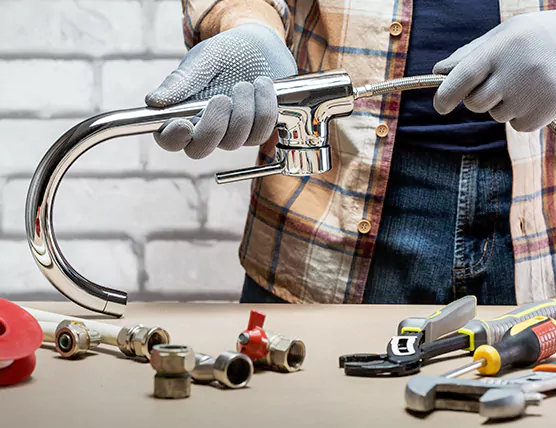-
4.9/5 star rated

- Email: Email Us
4.9/5 star rated


Home extensions are common among homeowners who need more space. Plumbing solutions for home extensions include installing new pipes and fixtures, rerouting existing plumbing systems, and connecting the new plumbing to the existing system. Technical Squard specializes in offering comprehensive home extension services to suit any homeowner's specific needs and preferences. Whether you want to add an extra room, expand your living area, or create extra space for a home office, the Technical Squard professionals have got you covered. From bathrooms to kitchens, we’ll ensure that your extended space is equipped with the necessary plumbing infrastructure. With Technical Squard you can enhance the overall look and feel of your home. We use only the highest quality materials and pay close attention to detail to ensure that our home extension job will exceed your expectations.
Contact us today at [%PHONE%] to discuss your home renovation plumbing needs. Whether you're renovating a single room or your entire home, our team is here to provide top-notch plumbing solutions that seamlessly integrate with your vision. Let's work together to make your dream home a reality!
The best type of hot water system for Australia depends on your location, household size, and budget. However, gas and solar hot water systems are popular for their energy efficiency and reliability.
The average lifespan of a hot water system is between 8 to 15 years, depending on the type and maintenance.
The cost to install a hot water system in Australia can vary depending on the type, size, and installation requirements. On average, the cost can range from $800 to $4,000.
Installing a hot water system yourself is not recommended, as it can be dangerous and may not meet Australian standards. Hiring a licensed plumber to install your hot water system is best.
The size of the hot water system you need depends on your household size and hot water usage. A small household may only need a 50-litre hot water system, while a larger one may require a 250-litre one.
You can save money on your hot water bills by choosing an energy-efficient system, reducing hot water usage, and fixing leaks.
The most energy-efficient hot water system is a solar hot water system, which uses energy from the sun to heat the water.
Yes, you can replace your gas hot water system with an electric one. However, you may need to upgrade your electrical system to accommodate the electric hot water system.
Signs of a faulty hot water system can include a lack of hot water, unusual noises, leaks, and high energy bills. It is best to have a licensed plumber inspect your hot water system if you suspect a problem.
It is recommended to service your hot water system at least once a year to ensure it is working efficiently and to prolong its lifespan.
Yes, you can use rainwater in your hot water system, but you must install a suitable filtration system to remove any impurities.
Yes, you can install a hot water system on your roof. However, you must ensure it meets Australian standards and is installed by a licensed plumber.
A storage hot water system stores hot water in a tank, while an instant hot water system heats the water as needed. Instant hot water systems are more energy-efficient but may not provide as much hot water as a storage system.
Yes, you can install a hot water system in a small apartment. There are compact hot water systems available that are suitable for small spaces.
In the event of a hot water system leak, it is important to take immediate action to minimize potential damage. First, turn off the water supply to the hot water system to prevent further leakage. Then, it is crucial to contact a licensed plumber as soon as possible to address and repair the leak.